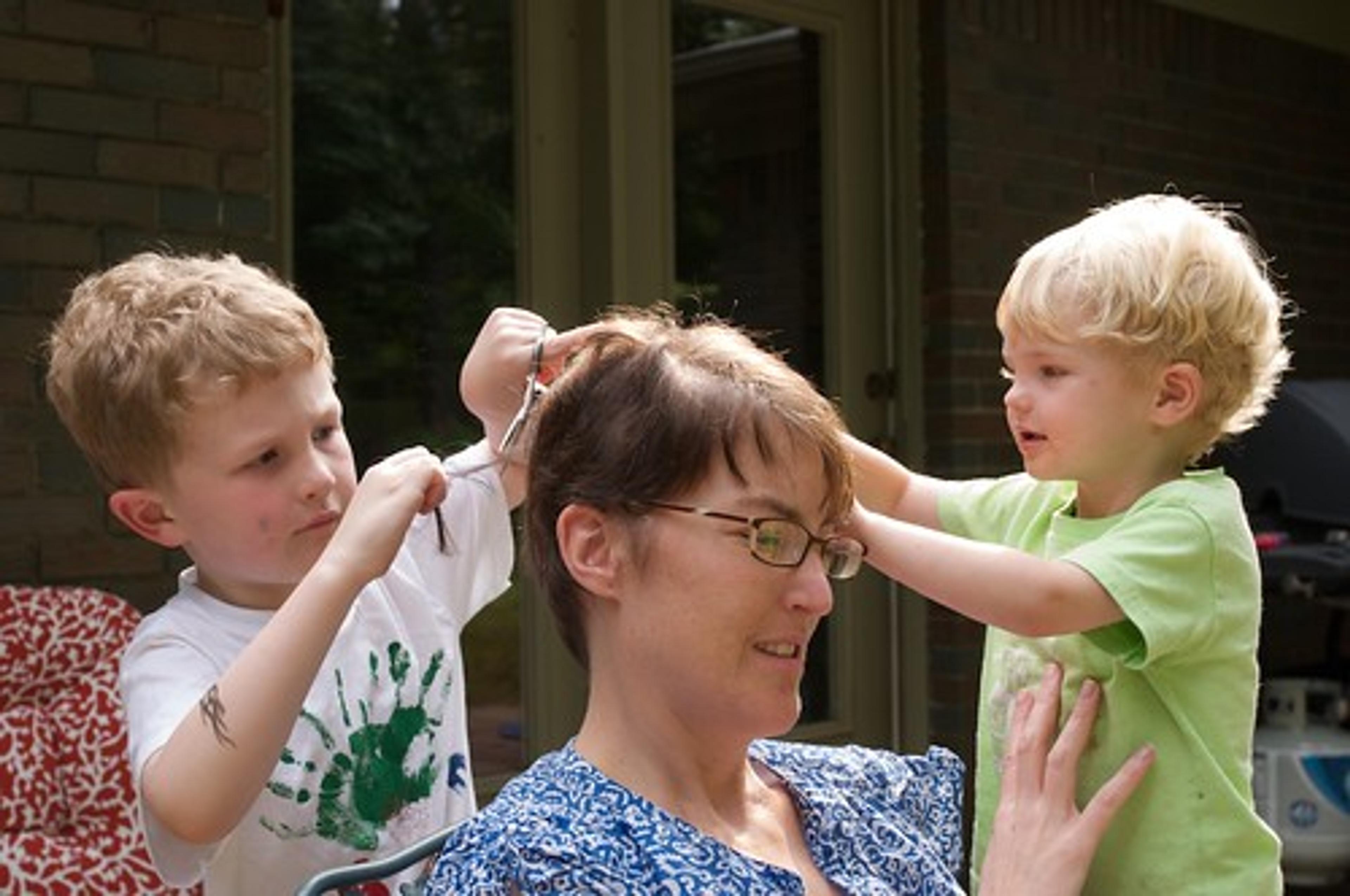8 Simple Things You Can Do to Support a Loved One With Leukemia
Guest Blogger
| 3 min read

This guest post is by Kristen West, vice president of Children’s Leukemia Foundation of Michigan. She holds a master’s degree in social work from Eastern Michigan University.
Did you know that every 30 seconds, someone is diagnosed with a blood related cancer like leukemia, lymphoma, multiple myeloma or one of many other disorders? In 2011 alone, there have been 44,600 new cases of leukemia diagnosed in the United States. That means it’s very likely you have a friend, coworker, family member or know of someone who is either in treatment or a survivor.
Being diagnosed with a blood cancer can be overwhelming, not only for the patient, but also for the caregivers. There are several simple things that can be done to offer support to someone who has been diagnosed to show that you care about their well-being and health. Here are eight practical ways you can help:
- Kristen West Help or encourage the patient to get plenty of sleep. Getting enough sleep can make a big difference in bouncing back to feeling well after grueling chemo or radiation treatments.

- Cook the patient healthy meals. Help him or her load up on whole grains, fruits and vegetables. Organic foods are best! Stay away from raw fish, spicy foods and other food that may upset the stomach.
- Make sure the patient is in a germ-free environment. You should also wash your hands as often as possible when you’re around the patient. If you aren’t feeling well, it’s best to stay away from the patient until you’re healthy again.
- Offer to join a support group with the patient. When first dealing with a diagnosis, it is extremely important that the person and caregiver know they aren’t alone. It can be helpful to meet others going through similar circumstances, and you could serve as an additional support system for the patient.
- Help the patient maintain as normal a daily routine as possible.
- Make sure you continue to stay in contact and offer the patient needed support. Sometimes just lending an ear to listen to how the patient is feeling can make a big difference.
- Do little things to remind the patient that you care. Send an unexpected card, text or flowers during tough days, especially treatment days.
- Find a group, professional organization or foundation in your area and share it with the patient to help answer diagnosis and treatment questions, provide emotional support and offer advice.
It’s important to find the right balance between giving patients with blood-related cancers the right amount of support and the space they need when going through the necessary procedures to regain their health. Following the above suggestions will give you a great start.
What else would you add? If you’ve been there for a friend or family member who has been diagnosed with cancer, feel free to share your story in the comments section about how you helped him or her stay healthy mentally and physically during treatments.
Photo by Mulsanne.





